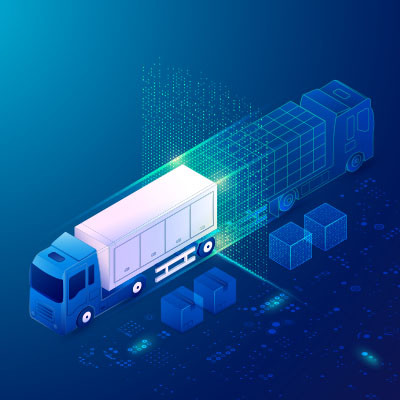Ferrum Technology Services Blog
How Digital Twins Can Improve Your Operations
Do you know what a digital twin is? While it might be considered a relatively recent innovation, it’s still helpful for businesses that want to improve their workflows. Today, we want to define what digital twins are and what value a business might get from them.
Defining Digital Twins
In short, a digital twin is a virtual copy of a physical asset. The digital twin will use real-world data, refined and adjusted to your specific needs, to help you understand how a product, process, or environment might function. The digital twin uses actual data to help you view the projected results in a virtual environment, thus giving you space to make adjustments and experiment with minimal risk.
Your digital twin will use various technologies to collect, store, and process data in this way. Here they are:
- With the Internet of Things, you can collect and process information. The IoT will also update data in real-time, giving your digital twin the resources it needs to make the most accurate predictions possible.
- With the cloud, you have a secure location to store and access the data needed for your digital twin. This can also give you processing power to test the systems appropriately.
- Artificial intelligence, or AI, can provide your digital twin with an additional method to crunch the data required to function properly. This will improve the quality of its predictions.
- Similarly, extended reality–technology that can integrate a virtual world into the real world–can offer interesting opportunities to test your digital twin in a variety of unique ways.
How Your Business Can Use Digital Twins
Depending on your industry, you might use this technology in different ways. Consider the following:
Aviation
Using digital twins, manufacturers can simulate aircraft design and maintenance, testing how parts and designs work in commercial and military settings.
Agriculture
As the world’s population increases, so too does the need for technology to help manage the agriculture that will sustain it. Whether it’s resource optimization, weather modeling, livestock monitoring, or supply chain management, digital twins offer unprecedented innovation opportunities in agriculture.
Manufacturing
In much the same way as the aviation industry, manufacturing can take full advantage of digital twins to accomplish great things. Imagine the prototyping process, for example, and how costly it can be to build and test multiple versions of what could be failed products. Digital twins allow for this process to be streamlined and less wasteful.
Medical
In the medical industry, digital twins can help replicate expensive medical equipment in a virtual environment. This helps providers by ensuring they implement the right technology without spending time or resources on those that are not effective. Digital twins can also be used to diagnose issues or supplement clinical research.
There are many more ways to use digital twins, but these are some of the ones that jump out to us. Does this sound like something you might consider? We can help. To learn more, call us at (847) 697-3282.

